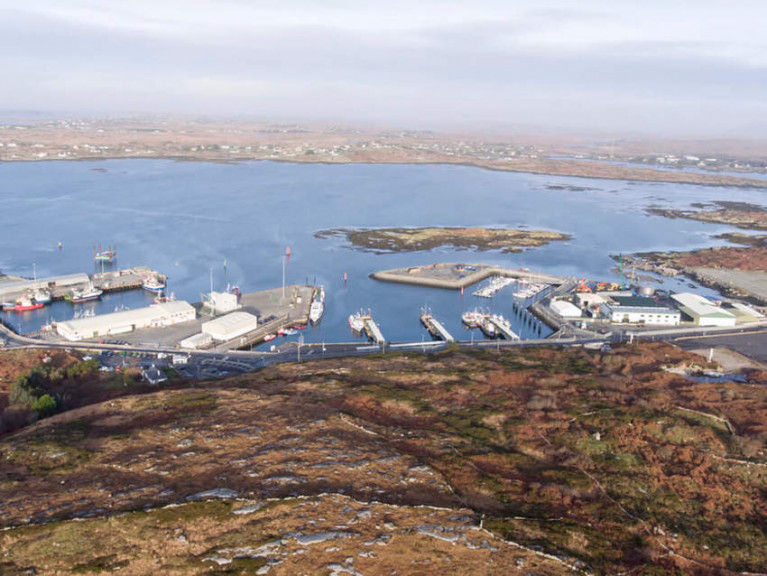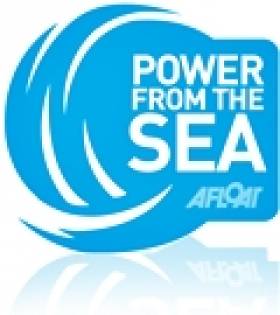Displaying items by tag: Marine renewable energy
Connemara Gaeltacht Harbour Could Become Hub for Marine Renewable Energy
Ros an Mhíl/Rossaveal could become a hub for marine renewable energy projects, if plans by Údarás na Gaeltachta come to fruition.
The board of the Gaeltacht authority has recently approved funding to plan the development of a 30-acre site it owns near the Connemara harbour.
Údarás na Gaeltachta says its study will include a review of the marine renewable energy sector and its potential opportunities, as well as “the requirements and advantages that Ros an Mhíl harbour and Gaeltacht companies have to meet future demands and to benefit from same”.
The organisation says renewable energy will be central to its 2021-2025 strategy, which is set for publication early next year, adding that Ros an Mhíl “has been long identified by Údarás na Gaeltachta as a strategic resource”.
Chair of the board Anna Ní Ghallachair said: “We are happy that Údarás na Gaeltachta will be in a position to undertake this study on the opportunities for renewable energy in the Ros an Mhíl area.
“This is a strategic sector for Údarás, and indeed for the whole country. If we are to halt climate change, we must avail of all opportunities there are to generate clean energy.”
Údarás na Gaeltachta hopes to issue tenders on etenders in the weeks ahead so that work can commence early in the new year.
The news comes after similar moves have been mooted for the Shannon Estuary, while in Cork a new strategic partnership aims to improve communication with the wider marine community as the pace of offshore wind farm development picks up.
French Naval Defence Giant to invest €130m in OpenHydro
#OpenHydro- A French naval defence and energy-company, DCNS, has agreed a €130 million investment in OpenHydro, an Irish hydro-power firm.
The Paris-based giant, which among its activiities includes building submarines, yesterday outlined its expansion plans for OpenHydro, a tech company developing marine power alternatives.
As part of the deal DCNS will extend its stake in OpenHydro from 11 per cent to a controlling 59.7 per cent, subject to regulatory approval. To read more on this story, The Irish Times has a report.































































